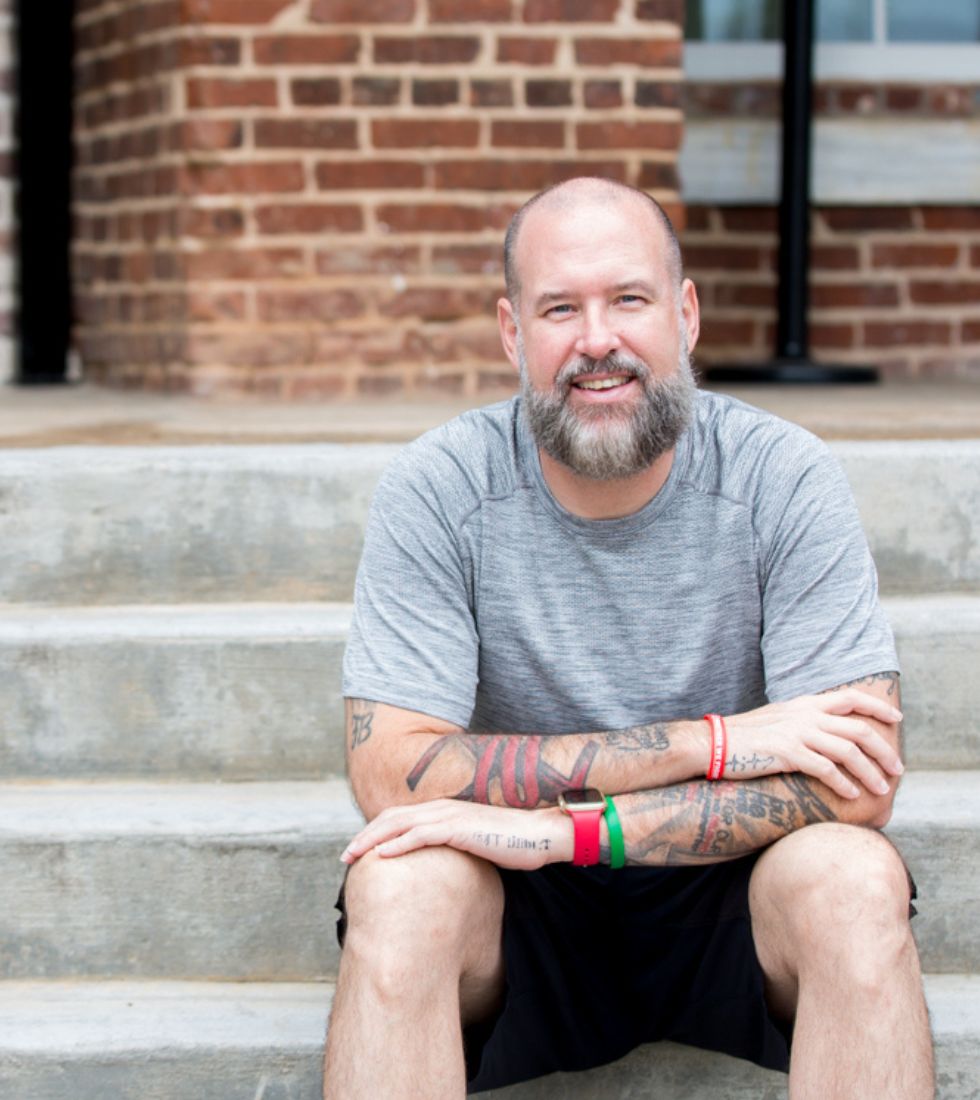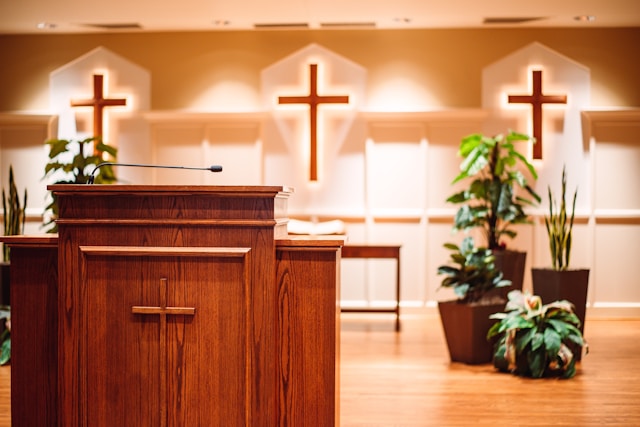In the world of faith and spirituality, people gather seeking peace, guidance, and a connection to something beyond themselves. Spiritual leaders are at the heart of these communities, offering enlightenment and moral direction. However, when this guidance is misused, it can inflict deep wounds. This harmful misuse is known as spiritual abuse.
This guide aims to delve deeper into spiritual abuse, highlighting its nature, how it manifests, and its profound effects. We’ll explore the signs of spiritual abuse and suggest pathways to healing and recovery. Our goal is to empower you with knowledge and tools to navigate these difficult waters, fostering environments that support genuine spiritual growth and healing.
Understanding Spiritual Abuse
Spiritual abuse is a complex issue. It happens when spiritual leaders misuse their authority, manipulating or exploiting followers under the guise of spiritual guidance. This can take many forms, such as making people feel unworthy through undue guilt and fear, using individuals for the leader’s personal gain, or enforcing harmful practices as part of religious observance.
The impact of spiritual abuse is significant and multifaceted, affecting victims’ emotional, psychological, and spiritual well-being. It can distort a person’s understanding of spirituality, shatter trust, and lead to feelings of deep betrayal. Consequently, individuals may find themselves disillusioned with their spiritual community or disengaging from it altogether.
Spotting Abuse
Recognizing spiritual abuse requires an awareness of the dynamics of power and control within religious settings. Key indicators include leaders who insist on unquestioning obedience, employ fear as a tool for compliance, isolate individuals from differing perspectives, or present themselves as the sole possessors of truth or salvation.
Healing from Abuse
The journey to healing from spiritual abuse involves reclaiming one’s spiritual autonomy and forging a personal connection with spirituality that is healthy and fulfilling. This process may entail seeking assistance from mental health professionals who understand the nuances of spiritual trauma, finding solace in supportive communities, and engaging in personal reflection to reevaluate and reconstruct one’s belief system outside the confines of the abusive environment.
Creating Supportive Spaces for Spiritual Growth
Creating environments that encourage questioning, hold leaders accountable, and respect each individual’s spiritual journey is crucial. Such spaces promote the sanctity of spiritual exploration and ensure that guidance from the pulpit serves to genuinely nourish and uplift the congregation.
Moreover, fostering open dialogue about spiritual abuse and its effects can help demystify the subject and encourage more people to come forward with their experiences. Education on recognizing the signs of abuse and providing resources for support and recovery are also vital steps in building resilient spiritual communities.
Navigating Towards a Healthier Spiritual Environment
As we navigate the complex terrain of spiritual leadership and abuse, it’s important to remember that healing and growth are possible. By arming ourselves with knowledge and fostering communities that prioritize empathy, respect, and understanding, we can create a foundation for a healthier spiritual environment. This journey, while challenging, is a testament to the strength and resilience of the human spirit in the face of adversity.
We are committed to guiding you through understanding, healing, and thriving in a spiritual context that honors your individuality and nurtures your growth. Together, we can pave the way for a future where spiritual communities are sources of love, support, and empowerment.
Additional Resources
For individuals seeking healing from abuse, literature can be a powerful tool in understanding and overcoming the trauma associated with such experiences. Here are some highly recommended books that offer insights, guidance, and pathways to healing from spiritual abuse:
- “The Subtle Power of Spiritual Abuse” by David Johnson and Jeff VanVonderen This book provides a comprehensive look into the dynamics of spiritual abuse, helping readers recognize and free themselves from abusive practices in religious communities. It offers practical advice on how to distinguish between healthy and unhealthy spiritual environments and how to reclaim one’s spiritual autonomy.
- “Healing Spiritual Abuse: How to Break Free from Bad Church Experience” by Ken Blue Ken Blue explores the mechanisms of spiritual abuse and provides readers with strategies for healing. The book is an empathetic guide for those who have been hurt by their church experiences, offering a path to recovery and renewal.
- “Tired of Trying to Measure Up” by Jeff VanVonderen This book addresses the feelings of worthlessness that can come from being part of a demanding religious community. It’s particularly helpful for those who have experienced spiritual abuse in environments where performance and adherence to strict standards were overemphasized.
- “Leaving the Fold: A Guide for Former Fundamentalists and Others Leaving Their Religion” by Marlene Winell Marlene Winell provides a step-by-step recovery process for those who are leaving a restrictive religious community. The book is a valuable resource for understanding the psychological impact of spiritual abuse and for navigating the complex journey of building a new life outside of the faith community.
- “Boundaries: When to Say Yes, How to Say No to Take Control of Your Life” by Henry Cloud and John Townsend While not exclusively about spiritual abuse, this book is essential for understanding how to set healthy boundaries, which is a crucial skill for those recovering from any form of abuse. It offers insightful advice on how to establish and maintain boundaries in various aspects of life, including spiritual relationships.
- “Spiritual Abuse Recovery: Dynamic Research on Finding a Place of Wholeness” by Barbara M. Orlowski This book offers an academic perspective on spiritual abuse, presenting research findings on recovery processes. It provides readers with stories of individuals who have found healing and wholeness after experiencing spiritual abuse, offering hope and pathways to recovery.
Each of these books offers unique insights and practical advice for healing from spiritual abuse, providing support and guidance for those on the journey to recovery.
What Others are Asking:
1. What is Spiritual Abuse and How Can It Be Identified?
Q: What exactly constitutes spiritual abuse, and what are the common signs that someone might be experiencing it within their religious community?
A: Spiritual abuse occurs when a spiritual leader misuses their authority to manipulate, control, or exploit followers, often under the guise of spiritual guidance. Common signs include undue guilt, fear, isolation from differing perspectives, and leaders positioning themselves as the sole possessors of truth.
2. The Impact of Spiritual Abuse on Individuals
Q: How does spiritual abuse affect an individual’s emotional and spiritual well-being?
A: Spiritual abuse can deeply affect individuals by distorting their view of spirituality, breaking trust, and leading to a profound sense of betrayal. This often results in spiritual disillusionment or disengagement from the community, impacting their emotional, psychological, and spiritual health.
3. Pathways to Healing from Spiritual Abuse
Q: What steps can someone take to begin healing from the effects of spiritual abuse?
A: Healing from spiritual abuse involves reclaiming spiritual autonomy and establishing a healthy relationship with spirituality. This can include seeking support from mental health professionals familiar with spiritual trauma, finding a supportive community, and engaging in personal reflection and exploration of one’s beliefs.
4. Creating Supportive Spiritual Environments
Q: How can communities and spiritual leaders create environments that prevent spiritual abuse and support everyone’s spiritual journey?
A: Communities can foster environments that encourage questioning, hold leaders accountable, and respect individual spiritual journeys by promoting open dialogue, education on the signs of abuse, and providing resources for support and recovery. This helps ensure spiritual exploration and guidance are nourishing and uplifting.
5. Navigating Toward Healthier Spiritual Environments
Q: What are key considerations for individuals and communities looking to navigate away from abusive spiritual environments towards healthier ones?
A: Key considerations include understanding the dynamics of power and control in spiritual settings, recognizing the signs of spiritual abuse, seeking professional and communal support, and actively engaging in practices that honor personal autonomy and healthy spirituality. It’s also important to cultivate empathy, respect, and understanding within the community to support healing and growth.

Somatic coach (therapist) in Canton, GA, and Worldwide Life Coach dedicated to inspiring and assisting people worldwide through candid conversations about anxiety. Having personally battled general anxiety, panic disorder, and OCD, I understand the daily challenges those grappling with anxiety face. My journey involved searching for the right therapist, medication, and natural supplements and undergoing various tests. It was only after deciding to reclaim my life that I finally overcame anxiety’s hold. I’m passionate about helping others conquer their struggles and discover their life purpose.

